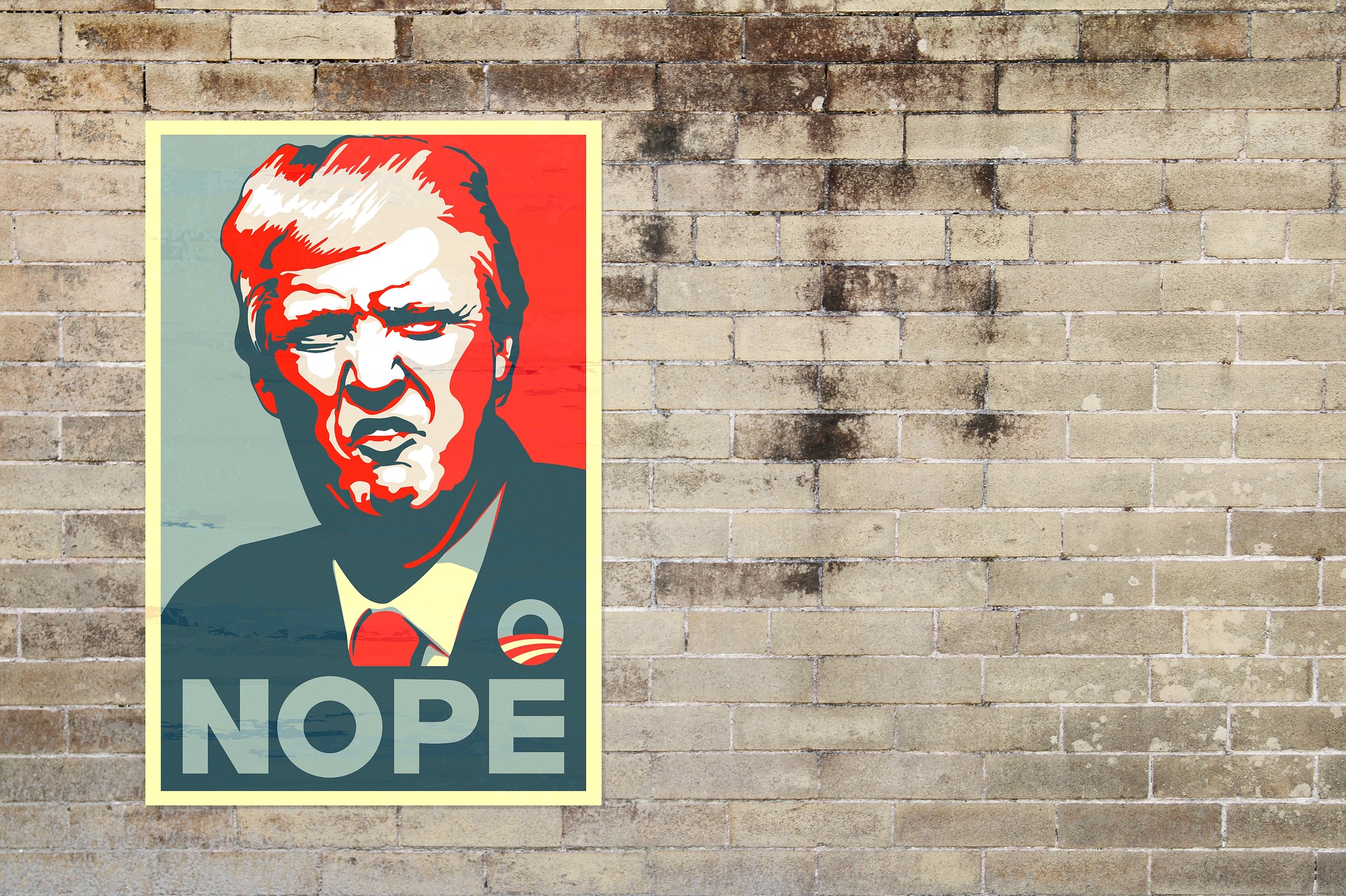The appointment of Hamza Yusuf to the Commission on Unalienable Rights (CUR) in July, has lead to a sleuth of articles criticizing not only this particular decision, but the questioning of Yusuf’s position within the American Muslim community. Secretary of State Mike Pompeo set up the Commission to examine and then advise Trump on how “words like ‘rights’ can be use for good or evil”, and provide “”fresh thinking about human rights discourse where such discourse has departed from our nation’s founding principles of … natural rights”.
The continuing debate on Yusuf’s membership is revealing deep schisms between those who see this as the last straw, after a number of controversial political decisions he has made, and those who argue that a black and white approach, here, meaning a refusal to engage with the Trump administration completely, will do more harm than good. It is Yusuf’s status, once described as the most “influential Muslim scholar of the Muslim world”, that has resulted in this topic taking on such significance. He is acknowledged on both sides of the debate for his leading contribution in the establishment of an American and Western Islam. As Azad Essa in the Middle East Eye describes, Yusuf “injected a type of esteem to an Islam of yore”, bringing a “certain panache to being Muslim” in a hyper-modern America. For Essa therefore, Yusuf “is the very ground on which the future of Western Islam is being decided”.
One element of the debate is how far the good intentions that Yusuf may hold, given the extent of his contribution to the Muslim community, afford him the benefit of the doubt, or some trust in his approach, or at least, that the sincerity in his efforts mean that any mistakes in practice can be corrected through compassionate advice, or nasiha. An example of such nasjha has been given by Imam Zaid Shakir, who wrote, “My Nasiha (advice) would be that if he finds that the position he has assumed does not allow him to be open, honest and effective in the advice he proffers that he resigns with his dignity and honor intact.”
What is being pointed out by his critics however, is that this choice of Yusuf to engage with the Trump administration in an official capacity is not a one-off, what they consider, mistake, but rather see this latest choice by Yusuf as a consistency in a deeply problematic political approach, with September 11 marking a turning point for Yusuf, from a political stance that was more critical to the political establishment and more justice-orientated. They point out examples of a number of positions he has taken over the years since then. Of these include his referencing to black on black crime when asked to comment on the Black Lives Matter movement, his work with the Bush administration on the “war of terror”, and most recently, his involvement in the UAE-sponsored Forum for Promoting Peace in Muslim Societies amidst the UAE’s war in Yemen. In light of this, a number of commentators are less inclined to attribute this to good intentions but to his political inclinations. For example, Sam Hamad in the new Arab, argues that the suggestion that his participation could protect the community “who might otherwise risk assault from this Commission” would only be compelling “if Yusuf didn’t have a history of facilitating, appeasing and championing causes intimately tied with Islamophobia or actions that would hurt Muslims, while urging Muslims not to involve themselves with political causes against the political establishment.”
Maha Hilal, co-director of Justice for Muslims Collective, writing in AlJazeera, asks “when does naseeha end and accountability begin?”, arguing that if “Yusuf wants to join the ranks of human rights abusers, at the end of the day, that is his prerogative. But he cannot do so as our representative.”
However, writing in Maydan, Faheem A. Hussain, suggests many of the criticisms are “superficial and dissolve on closer examination”, arguing that as a vulnerable minority, Muslims do not have the luxury of refusing to engaging with a distasteful administration, citing a tradition of scholars dealing also with oppressive rulers to try to get the best for the community in “constrained circumstances”. He warns of the dangers of the American Muslim community aligning itself completely with the Democratic Party. In joining the Commission, Hussain argues that Yusuf has the potential to create a network of allies and alleviate further hostility aimed at Muslims; arguing that presenting his membership of the Commission “as a blatant act of betrayal is a selective reading that obscures the complexity that such judgements involve.”
Sources
https://www.themaydan.com/2019/08/the-ulema-and-the-price-of-conviction/
https://www.middleeasteye.net/big-story/hamza-yusuf-and-struggle-soul-western-islam
https://www.alaraby.co.uk/english/comment/2019/7/17/hamza-yusuf-is-not-your-friend






